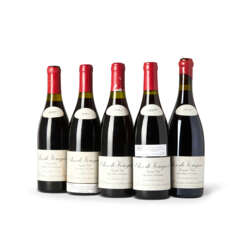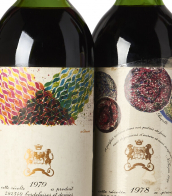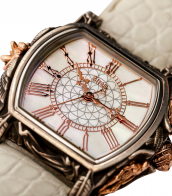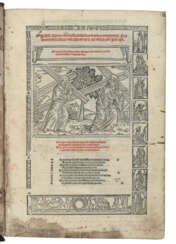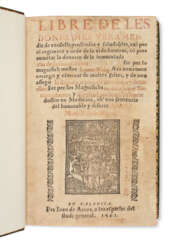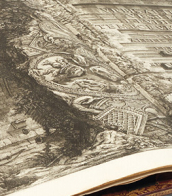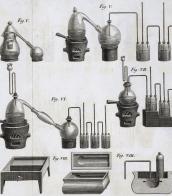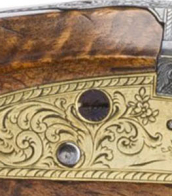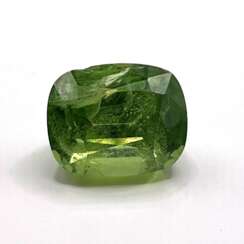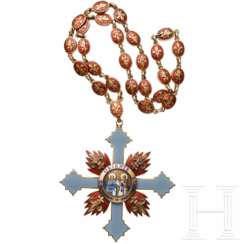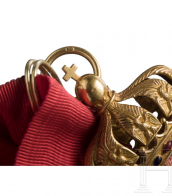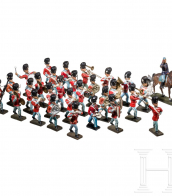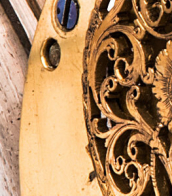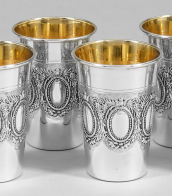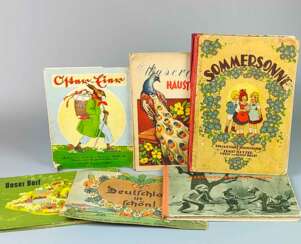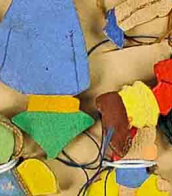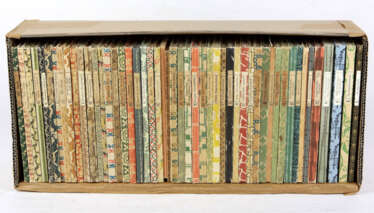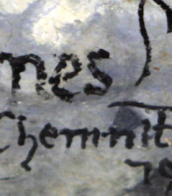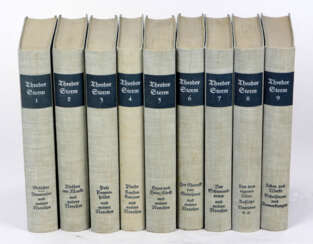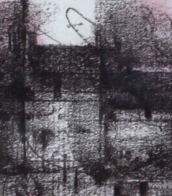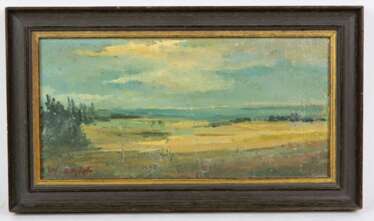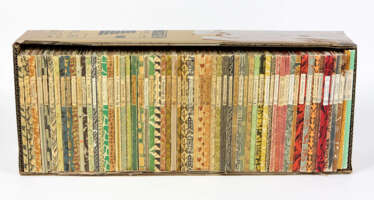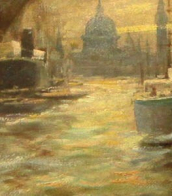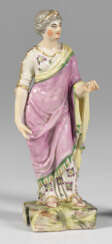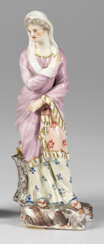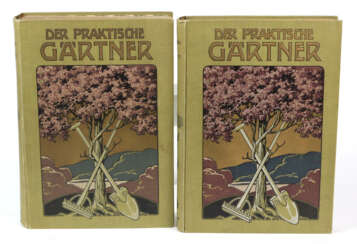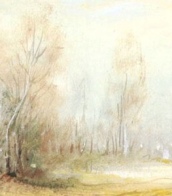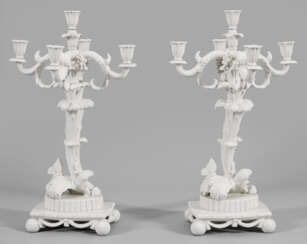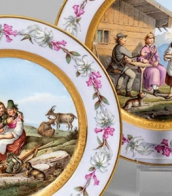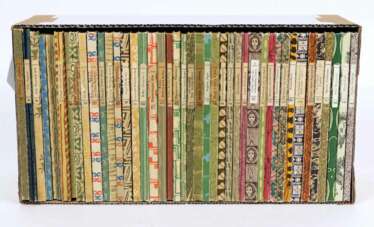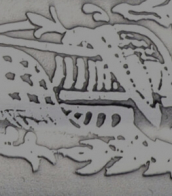los 401


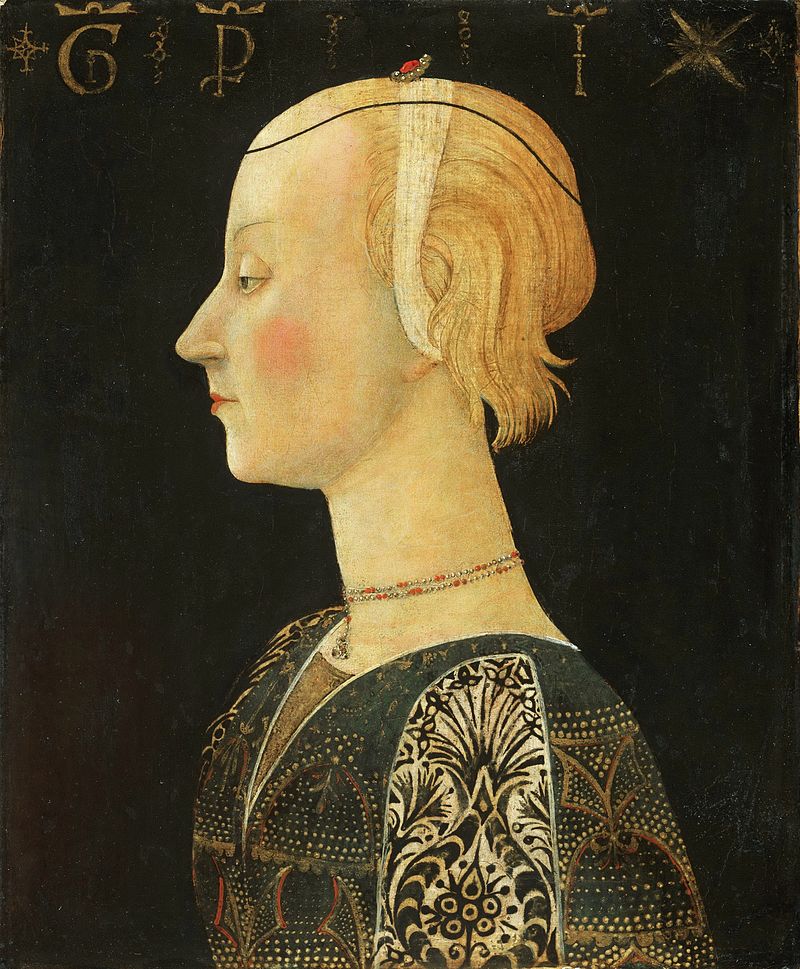
Giovanni di Ser Giovanni Guidi, more famously known as Scheggia, was an Italian painter whose contributions to the arts during the Renaissance period have carved him a distinct niche in art history. Born in Italy, Scheggia was a craftsman of narrative and decorative painting, specializing in altarpieces, cassone panels, and birth trays, which were popular in Florentine culture for their intricate storytelling and detailed artistry.
Scheggia is perhaps best known for his lively and detailed panels that graced the fronts of marriage chests, known as cassoni. These pieces were celebrated for their vivid depictions of allegorical and mythological scenes, showcasing Scheggia's skillful use of color and composition to bring tales to life. His work not only adorned the homes of the wealthy but also served as a testament to the rich cultural and artistic fervor of Renaissance Florence.
One of Scheggia's most notable works, the "Madonna of Humility with Angels," showcases his ability to blend divine and earthly realms in a harmonious composition that speaks volumes of his mastery over form and space. This, among other works by Scheggia, can be admired in museums across Italy, offering a glimpse into the vibrant Renaissance art scene.
For collectors and experts in art and antiques, Giovanni di Ser Giovanni Guidi represents an intriguing exploration into the less-trodden paths of Renaissance art. His paintings are a celebration of the era's innovative spirit, offering insights into the everyday lives, cultural practices, and artistic achievements of the time.
To delve deeper into the world of Renaissance art and uncover the gems of Giovanni di Ser Giovanni Guidi's legacy, signing up for updates is an essential step. This subscription ensures that enthusiasts and collectors are the first to know about new discoveries, exhibitions, and auction events related to Scheggia's work, providing exclusive opportunities to enrich their appreciation and collections of Renaissance art.
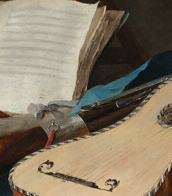
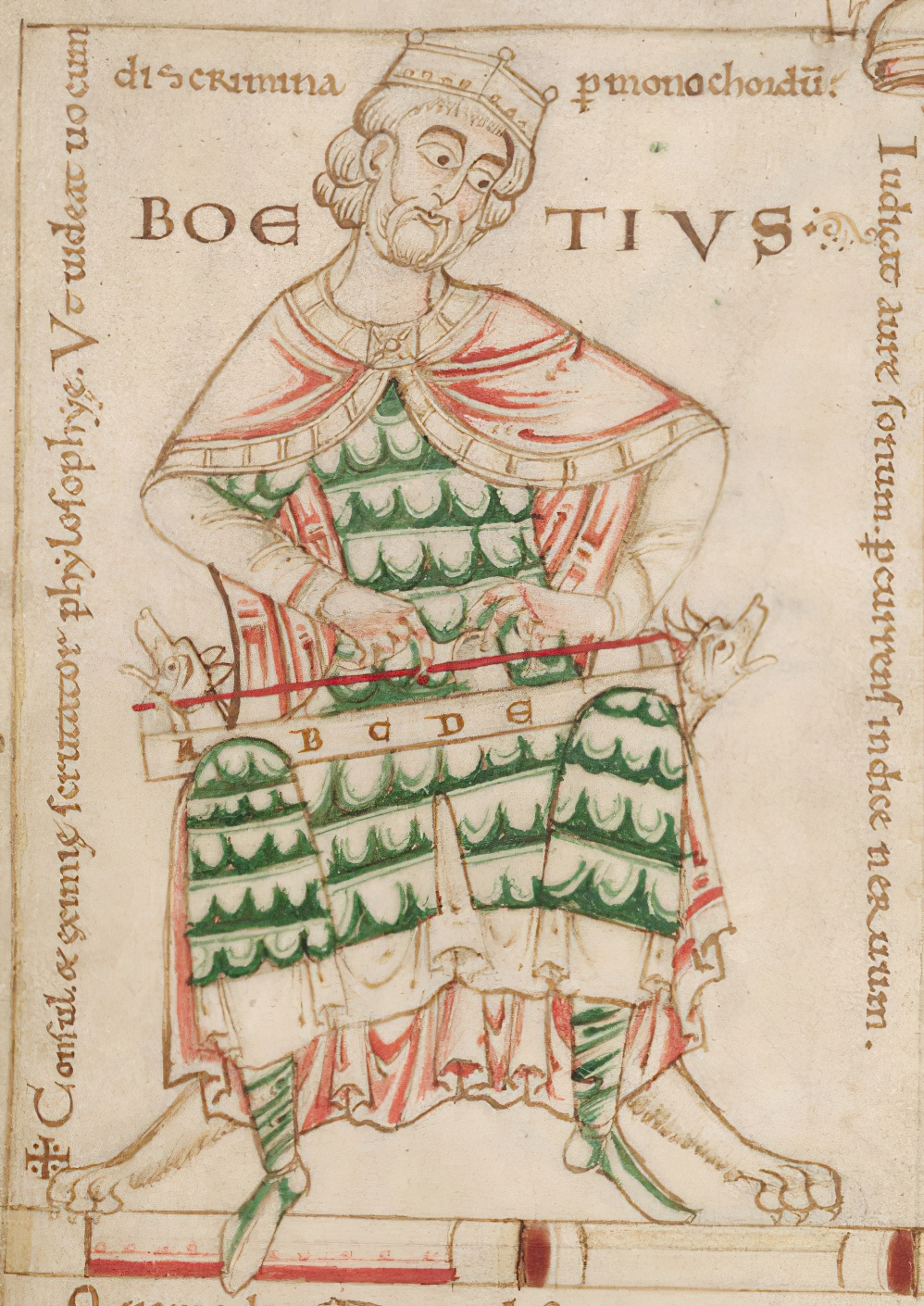
Anicius Manlius Severinus Boethius, commonly known as Boethius (Latin: Boetius), was an Italian senator, consul, magister officiorum, historian, and philosopher of the Early Middle Ages. He was a central figure in the translation of the Greek classics into Latin, a precursor to the Scholastic movement, and, along with Cassiodorus, one of the two leading Christian scholars of the 6th century.

